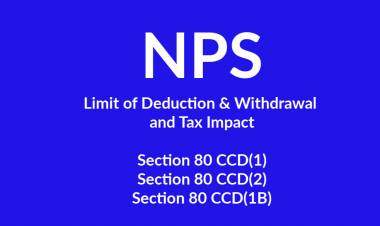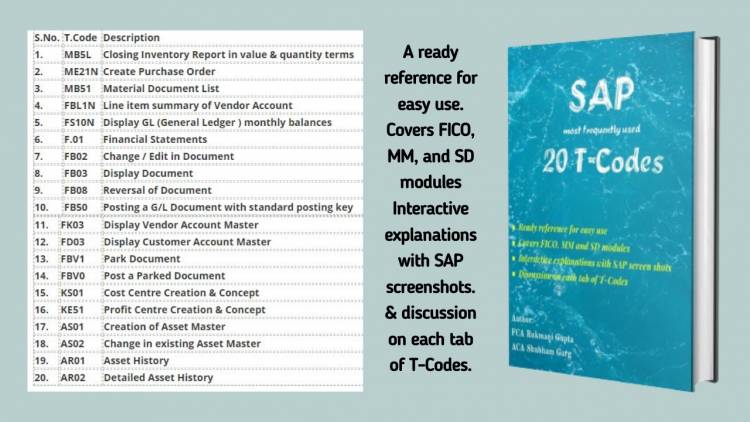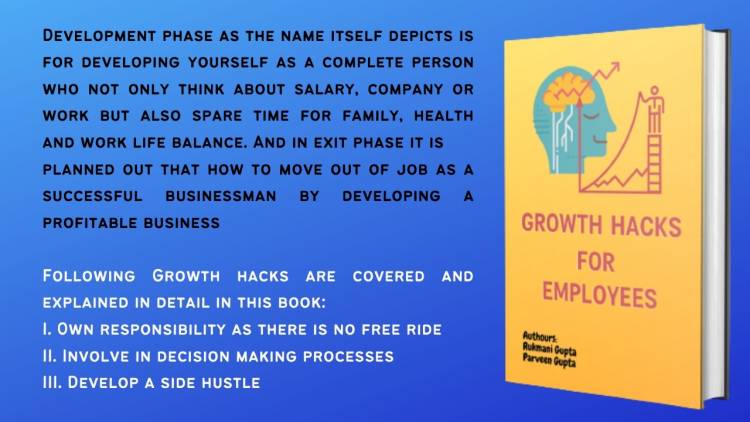CONSUMER PROTECTION ACT 2019
CONSUMER PROTECTION ACT 2019
WHY NEW ACT?
 Besides the essential requirements of food, clothing, and shelter, we have a tendency to consume a range of things in our daily lives like cell phones, digital cameras, soaps, perfumes, cosmetics, among alternative things. Once we get things from the market as a consumer, we have a tendency to insist on the worth of the price we paid in terms of quality, quantity, right worth, the mode of use, etc.
Besides the essential requirements of food, clothing, and shelter, we have a tendency to consume a range of things in our daily lives like cell phones, digital cameras, soaps, perfumes, cosmetics, among alternative things. Once we get things from the market as a consumer, we have a tendency to insist on the worth of the price we paid in terms of quality, quantity, right worth, the mode of use, etc.
However, there could also be instances where consumers are swindled. In such cases, most consumers are naive and ignorant as to whom should they approach for redressal. In addition to that many of the consumers are oblivious of their “rights. A few of us even upon being aware are reluctant to raise our voice about the problems we face and fight for our rights. We are gratuitously timorous of the cost and the legal procedures.
It is very important for us to have knowledge of the consumer forums.
Till recently the consumer protection was governed by the Consumer Protection Act, 1986. Now it has been replaced with Consumer Protection Act 2019. The Indian Parliament, on 6 August 2019, passed the landmark Consumer Protection Bill, 2019 The Consumer Protection Act, 2019 (New Act) received the assent of the President of India and was published in the official gazette on 9 August 2019. The New Act will come into force on such date as the Central Government may so notify. This will reinstate the old act.
The Digital era has brought forward a lot of great opportunities. With the opportunities, the problems associated with it also has increased manifold. Consumers are facing newborn challenges. To tackle these problems, the government has come up with the new act. This enables appropriate and effectual remedies to the affected consumers.

Below are few of the key takeaways that we should know regarding the new Consumer Protection Act, 2019.
Who are Consumers?

According to Section 2 (7) of the Act "consumer" means any person who—
- buys any goods for a consideration which has been paid or promised or partly paid and partly promised, or under any system of deferred payment and includes any user of such goods other than the person who buys such goods for consideration paid or promised or partly paid or partly promised, or under any system of deferred payment, when such use is made with the approval of such person, but does not include a person who obtains such goods for resale or for any commercial purpose; or
- hires or avails of any service for a consideration which has been paid or promised or partly paid and partly promised, or under any system of deferred payment and includes any beneficiary of such service other than the person who hires or avails of the services for consideration paid or promised, or partly paid and partly promised, or under any system of deferred payment, when such services are availed of with the approval of the first mentioned person, but does not include a person who avails of such service for any commercial purpose.
Explanation.—For the purposes of this clause,—
(a) the expression "commercial purpose" does not include use by a person of goods bought and used by him exclusively for the purpose of earning his livelihood, by means of self-employment;
(b) the expressions "buys any goods" and "hires or avails any services" includes offline or online transactions through electronic means or by teleshopping or direct selling or multi-level marketing;

- CENTRAL CONSUMER PROTECTION AUTHORITY (CCPA)
- To promote and enforce consumer rights and prevent unfair trade practices.
- To initiate actions suo motu or upon receipt of a complaint.

- PRODUCT SERVICE PROVIDERS, ELECTRONIC SERVICE PROVIDERS AND ENDORSER
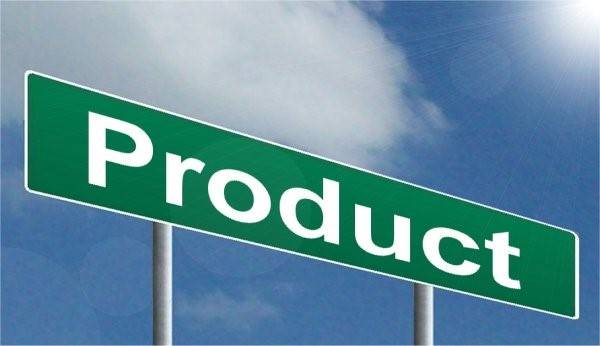
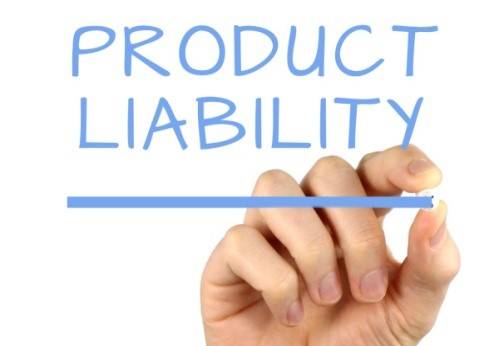
- Unlike the old act, the consumers can file complaints against the e-platform sellers and service providers.
- A new concept and definition of the product service provider s added in the act.
- JURISDICTION

- This dissuades the practical challenges faced by consumers.
- With this the consumer’s location will be taken into consideration.
- BROADENED SCOPE TO INCLUDE UNFAIR CONTRACTS AND PRODUCT LIABILITY
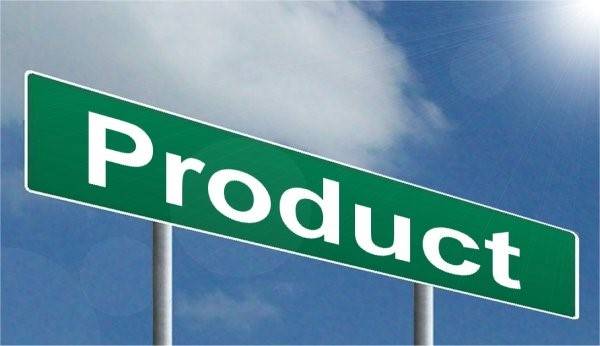
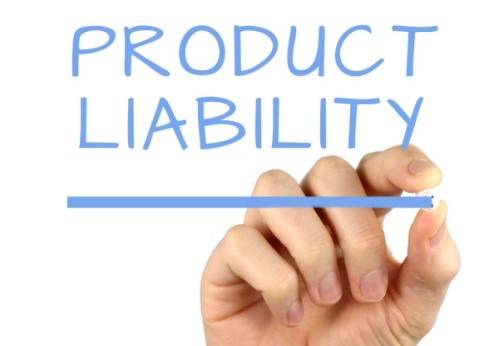
- Now consumers can approach the forum for unfair contracts and product liability.
- In the old act this was not included.
- Section 2 (34) of the Consumer Protection Act, 2019 defines "product liability" means the responsibility of a product manufacturer or product seller, of any product or service, to compensate for any harm caused to a consumer by such defective product manufactured or sold or by deficiency in services relating thereto;
- Section 2 (46) of the Consumer Protection Act, 2019 "unfair contract" means a contract between a manufacturer or trader or service provider on one hand, and a consumer on the other, having such terms which cause significant change in the rights of such consumer, including the following, namely:—
- requiring manifestly excessive security deposits to be given by a consumer for the performance of contractual obligations; or
- imposing any penalty on the consumer, for the breach of contract thereof which is wholly disproportionate to the loss occurred due to such breach to the other party to the contract; or
- refusing to accept early repayment of debts on payment of applicable penalty; or
- entitling a party to the contract to terminate such contract unilaterally, without reasonable cause; or
- permitting or has the effect of permitting one party to assign the contract to the detriment of the other party who is a consumer, without his consent; or
- imposing on the consumer any unreasonable charge, obligation or condition which puts such consumer to disadvantage;
- BROADENED SCOPE OF UNFAIR TRADE PRACTICE

- It includes privacy violations.
- Within 30 days the defective goods/ deficient services to be replaced within 30 days.
SPEEDY RESOLUTION OF DISPUTES

- CCPA has the power to conduct inquiry or investigation into consumer disputes before the Consumer Disputes Redressal Commission at the District, State, and National level.
- Mediation has also been added.
CONCLUSION:

The act is a substantial step to refurbish the outdated Consumer Protection Act, 1986. It was becoming superfluous. The government has to protect the interest of the consumers with the rapidness of the digital era. It has taken care to focus on all such related areas of technology and promptness.

The entire contents of this document have been prepared on the basis of relevant provisions and as per the information existing at the time of the preparation. Although care has been taken to ensure the accuracy, completeness, and reliability of the information provided, I assume no responsibility therefore. Users of this information are expected to refer to the relevant existing provisions of applicable Laws. The user of the information agrees that the information is not a piece of professional advice and is subject to change without notice. I assume no responsibility for the consequences of use of such information. IN NO EVENT SHALL I SHALL BE LIABLE FOR ANY DIRECT, INDIRECT, SPECIAL OR INCIDENTAL DAMAGE RESULTING FROM, ARISING OUT OF OR IN CONNECTION WITH THE USE OF THE INFORMATION.
 Download APP
Download APP









